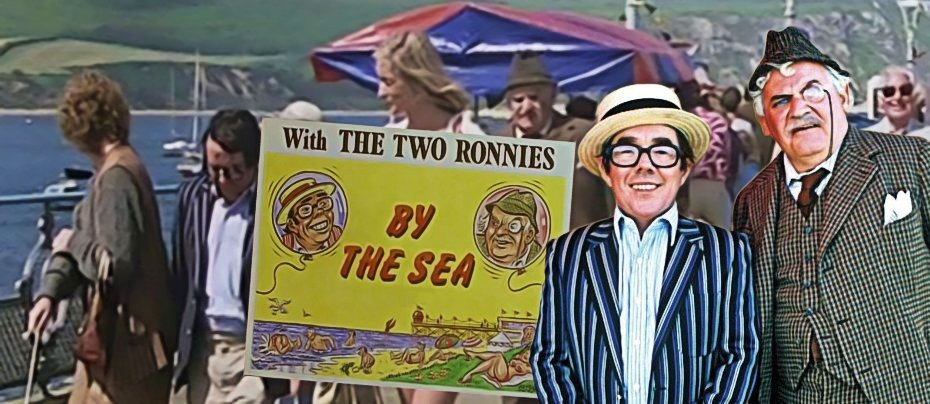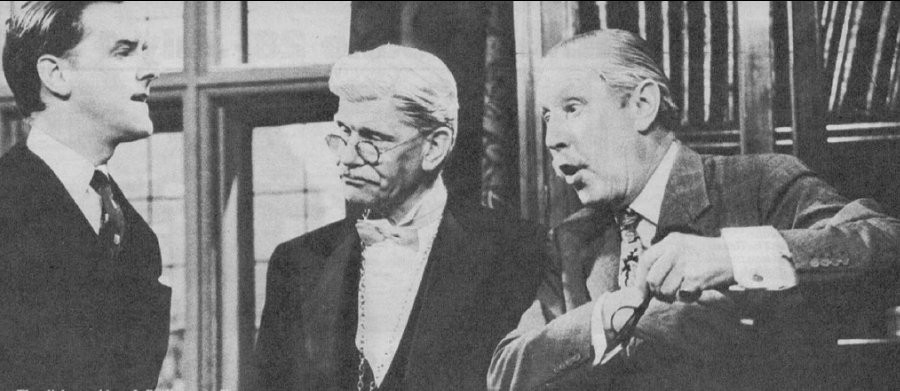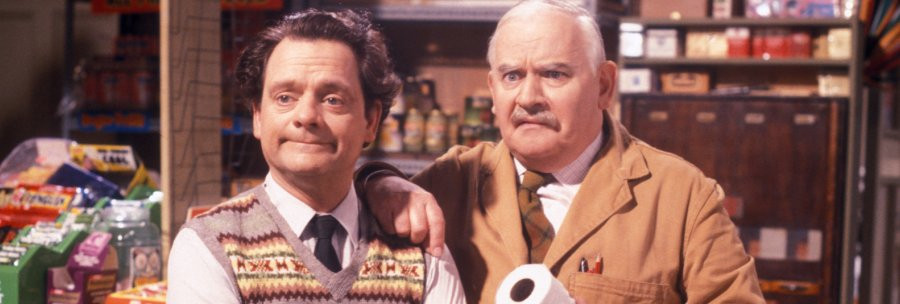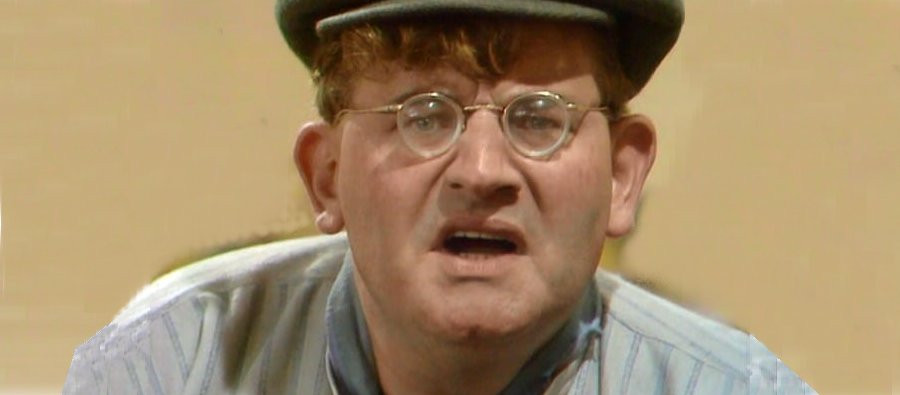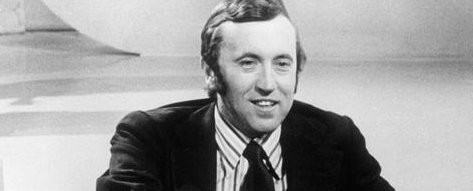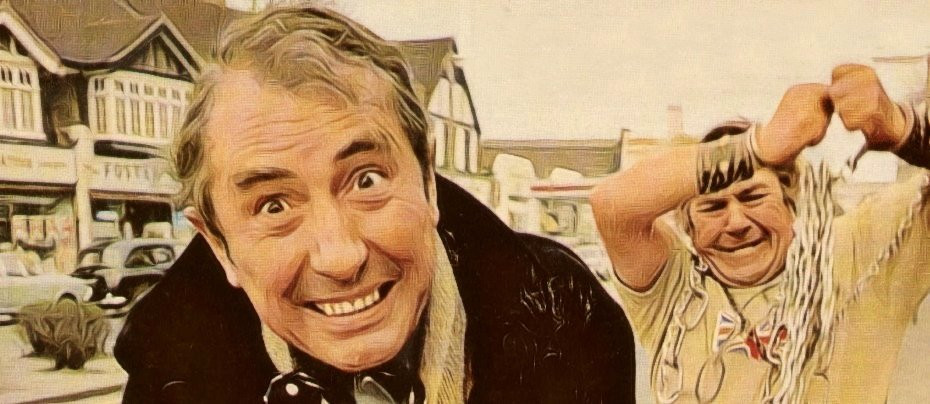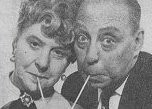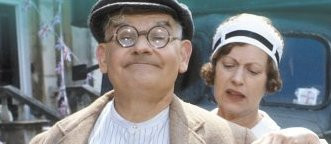
Clarence
1988 - United KingdomUnknown to millions of his adoring fans, Ronnie Barker had made the decision to retire some time in 1985. But before that he was contracted to a series of The Two Ronnies to be filmed in, and for, Australia. During the four months he stayed there, Ronnie B wrote his next, and final sitcom: Clarence.
The idea was not original. Ronnie had often returned to characters that he'd played in previous comedy series as one-offs. In this particular case the original had appeared in 1971's Six Dates With Barker. The story, written by Hugh Leonard, was called The Removals Person.
Set in 1937 the story centred round a myopic removal man called Fred and his gentle courtship of a ladies maid called Travers, played by Josephine Tewson. For the full series, made over a decade later, Barker renamed the shortsighted Fred but retained all his original mannerisms and characteristics. Tewson returned as Jane Travers.
The first episode was a virtual remake of the 1971 episode. Fred/Clarence turns up on Coronation Day 1937, at the London home of a family preparing to move to Rangoon. It's his job to pack up the furniture and make sure it gets to Southampton in one piece. But it soon becomes apparent to Travers that without her help the short-sighted removal person is unlikely to leave the family with a single piece of furniture intact. As she helps him pack up the two begin to develop a relationship, and by the end of the original episode Fred proposes marriage. In the series the romance begins to develop a little slower, and when Travers inherits a run down cottage, Clarence moves his business (Get A Move On) and the two of them move on from London to the gentle countryside of Oxfordshire. Clarence wants to make an honest woman of her, but Travers thinks it'd be a good idea if they live together first and find out if they are compatible. The rest of the series concerns Clarence's attempts to bed Travers and adjust to country life.
The location for the series was deliberately chosen by Barker so he could be near his home, a mill house that he had purchased in 1981, as he later explained: "I was coming back to my roots. Absolutely. So when I was writing Clarence, I thought, "I'll write it round the corner." I also wanted to write a country thing and the fact that this cockney man didn't know anything about the country. I enjoyed that sort of peasant thing. And he was very naïve. I'd enjoyed it when I'd done the original and thought this character had potential."
He may have had potential but it was quite clear that it would all have to be realised within that single series, because for Barker there was no going back. "The reason I retired was that the material was getting less good. It wasn't even a block. I'd run out of ideas and I'd done everything I wanted to do. I had no ambition left." Without being a barrelful of belly laughs, Clarence stands as a gentle comedy about two gentle folk. In his career, Ronnie Barker had certainly done better, and many fans were somewhat disappointed with Clarence. But if the series suffers from anything, it's being compared to an amazing back-catalogue of shows that had established Ronnie Barker as one of the greatest sitcom character actors that Britain ever produced.
Seen this show? How do you rate it?
Seen this show? How do you rate it?
Published on December 4th, 2018. Written by Laurence Marcus for Television Heaven.



